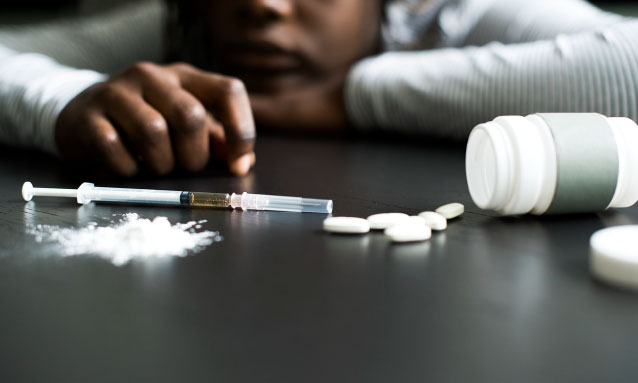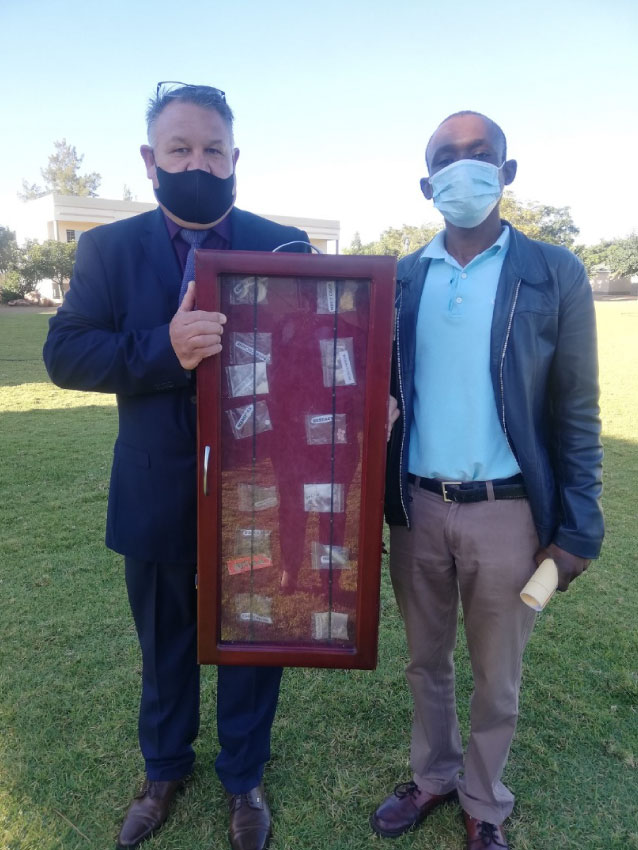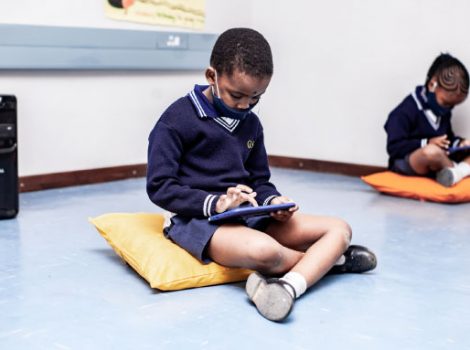
As the world commemorated International Drug Awareness and Illicit Trafficking Day on 26 June 2021, Gaborone International School (GIS) partnered with the SSKA Police to educate children about drug abuse throughout this month. The objective of the collaboration was to raise awareness in children on how to be part of the bigger picture in addressing their safety, focusing on prevention, intervention and response programmes.
In today’s modern world, children’s safety requires a broad-based effort by the entire community, including educators at schools, students, parents, law enforcement agencies, businesses and faith-based organisations, among others. By adopting a comprehensive approach to addressing their safety focusing on prevention, intervention and response, communities can increase the safety and security of children throughout Botswana.
Have you come across someone who seems to have lost touch with reality, unable to care for themselves, someone who does not have control over their bodily movements? Some say they are having an out of body experience while others are made paranoid by the smallest things in their environment. Such individuals may well be in the grip of illicit drugs.
Illicit drugs are described as highly addictive drugs that change how the brain works, ultimately altering how a person thinks and acts. These drugs are associated with deficits in executive functioning and psychomotor function. Being under the influence of illicit drugs affects a person’s daily functions such as memory, the ability to think rationally as well as self-control.
Being under the influence of illicit drugs may compromise the ability to perform basic work-related tasks. Users might struggle to start a simple task and stay focused on it; find it difficult to keep track of what they are doing; fail to read a text and retain that information to be able to answer subsequent questions as well as the ability to restrain themselves from shouting out answers. Users of illicit drugs can also become verbally and physically aggressive as they struggle to communicate and instead display indifference.
Users experience these deficits because drugs interfere with how messages are sent to the brain as well as how they are received and processed. Some drugs mimic the brain’s chemicals and can, therefore, trigger brain activity. However, due to this not being a natural chemical of the brain, it leads to inconsistent and abnormal messages being exchanged through the network of neurons. Consequently, bodily functions such as heart rate, breathing and sleeping are affected, sometimes leading to death in the event of an overdose.
Users become addicted and overdose when they derive less and less pleasure from naturally rewarding activities, subsequently taking more and more drugs to experience euphoria. They have to take drugs to experience any normal level of pleasure and sometimes need larger amounts to produce the familiar high. Individuals using illicit drugs are not psychologically, emotionally or physically free from them.
Their lives are adversely affected. A user whose drug use has led to poor performance at work might lose their job due to these actions. Additionally, they can develop aggressive behaviour and start to withdraw from family and friends.
No parent, child or family is immune to the effects of drugs. Anyone can land in trouble, even those who have made an effort to avoid it. However, the objective is to guide and foster a sense of community and connection among schools, organisations and agencies that work together to enhance and sustain safety in your community.

The partnership between GIS and the SSKA Police is not new. SSKA has embarked on a campaign to work with the school to educate GIS senior students on the legislation relating to illicit drugs, with a special focus on prevention.
Executive Head at GIS, Gerald Hilton, commented;
“We are excited to continue the partnership to raise awareness amongst all students on the dangers of drugs, crime and violence and the impact it has on individuals, families and education.
“Like John C Maxwell said, ‘Teamwork makes the dreamwork’.”
Article by Gaborone International School Executive Head, Gerald Hilton and GIS Educational Psychologist, Phetolo ReetsangGIS Educational Psychologist, Phetolo Reetsang



